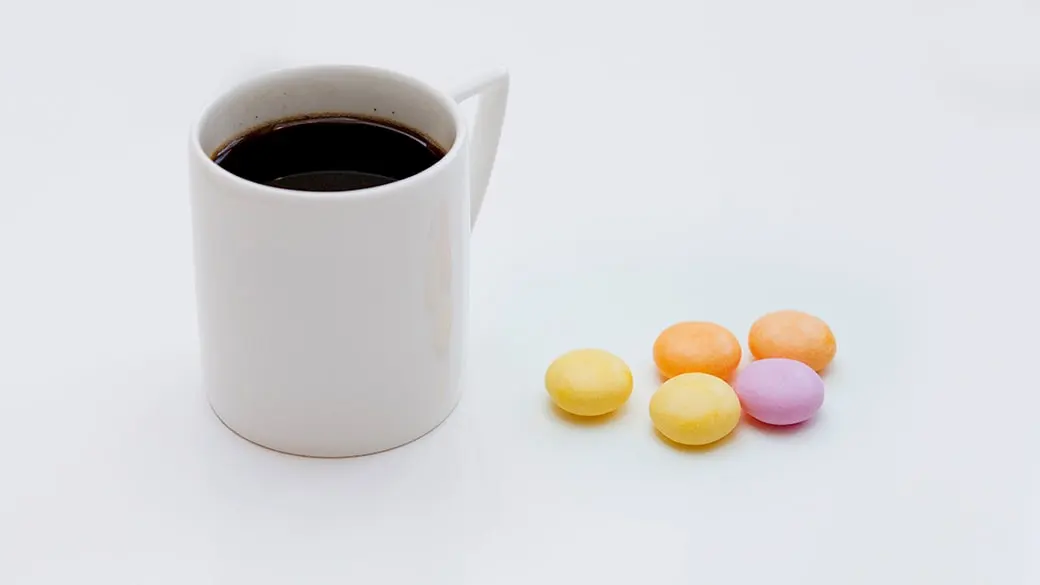MYP, or the Middle Years Programme, forms part of the International Baccalaureate curriculum of teaching. It follows on from the Primary Years Programme, where students build a foundation in a variety of subjects, and it preceeds the IB Diploma- a rigorous and well-respected qualification.
Chemistry forms part of the MYP Science course selection. What sets the IB programmes apart from other qualifications is their focus on independence and self-directed learning. Alongside traditional subject content, students are given metacognitive tools- they learn how to learn. It is aimed at students aged 11-16, and on completion students can earn the IB MYP certificate.
Chemistry is assessed against four criteria:
Knowing and understanding- students need to demonstrate that they have factual knowledge of the subject and can apply it to different contexts.
Inquiring and designing- a key part of science is creativity, and the programme encourages students to ask questions and think of new ways to tackle problems.
Processing and evaluating- there are opportunities to carry out experiments, collect data and then reflect on the quality of the research.
Reflecting on the impacts of science- this allows students to explore science’s place in the world and understand how science has produced technologies that we use now.
In terms of topics, the Chemistry syllabus helps students build a concept of atomic structure and reactivity, looking first at atoms and subatomic particles, then structure and bonding. They continue to learn about the periodic table and interactions between different elements and compounds, and they develop an understanding of the most common types of reactions.
The Chemistry MYP has so much to offer students, and to help you fully make the most of the opportunity to study this engaging and challenging course, here are five top tips for success!
Tip 1 – Make Mistakes
Be happy to make mistakes.
A crucial part of science is the willingness to try things, evaluate work and improve it for next time, and the IB programmes particularly focus on developing independent learning skills. Having a go, failing and then improving is proven to help you not only remember information but have more engagement with the subject. These skills will set you apart in the rest of your education and are key things that employers look for.
Tip 2 – Be Creative
The MYP Science Programme encourages students to think outside the box and be imaginative when it comes to solving problems.
If you like designing things, coming up with solutions to problems and discussing in a group how existing technologies can be improved then you’re already exactly the candidate the course is designed for. Next time you learn a concept, have a think if it could be done in a different or more efficient way!
Tip 3 – Link, link, link
Find links.
All subjects will be related in some way, and being able to make these links will aid students in their understanding of a subject. It is obvious for example that Chemistry links to Physics and Biology, but there are also close similarities to Geography and Mathematics. Linking your learning to knowledge to other subjects will help make your studies make more sense as a whole, and will enable you to relate what you’ve learnt to the wider world.
Tip 4 – Be critical
In an age where information is so easily available online it is important to develop a sense of where the information has come from, and whether or not it is likely to be reliable.
You’ll have the chance to analyse multiple sources of information and will become skilled at summarising it and evaluating the scientific methods used.
Next time you read a fact on the internet, have a look at who has written it and try to judge whether or not it is trustworthy!
Tip 5 – Research Effectively
As a key part of the MYP is self-directed learning, you’ll be expected to research concepts and figure out the answers to problems in order to further your understanding.
As you study, compile a list of textbooks and websites that you’ve found helpful that you can come back to in your revision.
Ask your teacher if you would like some suggestions.
Keeping these tips in mind during your studies will enable you to make the most of your time studying MYP Chemistry. Enjoy the learning process, be open-minded, curious, creative and enthusiastic, and you’ll finish with a real sense of what being a chemist is about!
